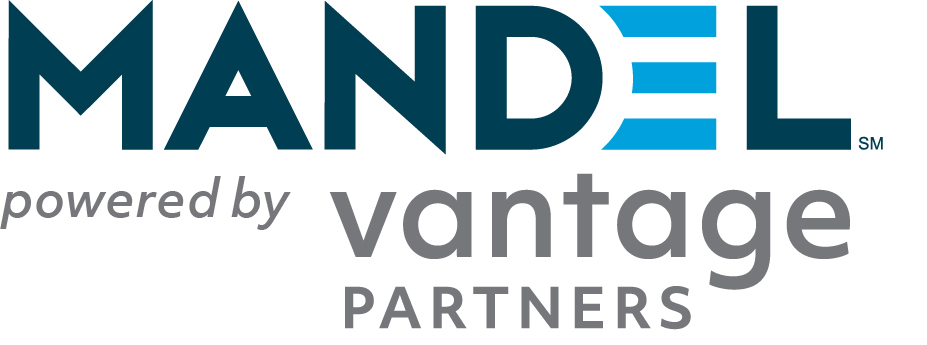“The true scarce commodity will be human attention.”
—Satya Nadella, CEO, Microsoft
Feeling distracted lately? You’re not alone. Most of the people you work with — including those co-workers and customers who need to hear your message — are distracted as well.
Consider the sobering stats below.
- 8 seconds: the average attention span today, down 50% from the year 20001
- 70 percent: the percentage of American employees who are either “not engaged” or “actively disengaged from their work”2
- 47 percent: the amount of time people now spend thinking about something other than what they are currently doing1
This is a huge, hidden, and costly problem.
Why? Because your company’s success is a function of its best ideas being turned into profitable products, projects, and customer relationships.
Yet it’s increasingly difficult for your key people — executives, sales professionals, project managers, team leaders, and engineers — to break through the distraction and capture attention for those ideas.
Here’s the bottom line: in today’s “high-distraction” environment, having a great business idea isn’t enough. You must also present it in a way that GRABS and KEEPS audience attention. It boils down to whether you can accomplish three things quickly:
- Make your ideas understood.
- Connect those ideas to the valued “care-abouts” of the other party.
- Build confidence that you are a trustworthy source of information and recommendations.
In short, it’s about becoming a more credible and compelling messenger of important, innovative ideas.
Want to learn more? Download: Credible Messaging: The Missing Driver of Business Performance.
SOURCES:







